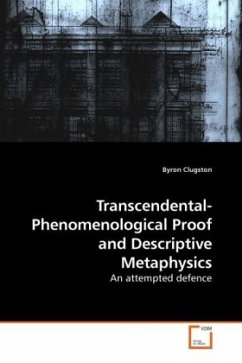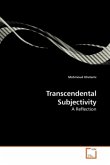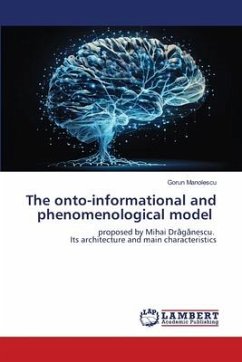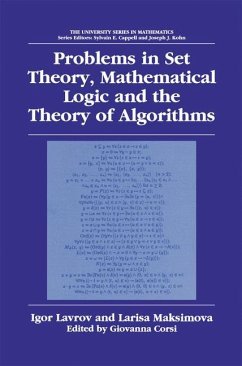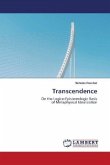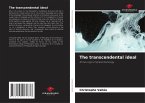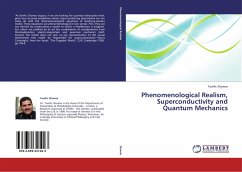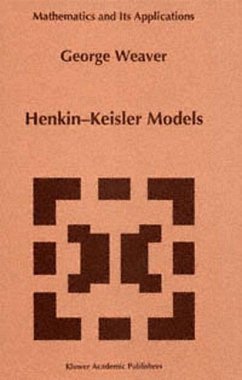Following P.F. Strawson's reading of Kant, the majority of the literature on transcendental arguments seeks to divorce such arguments from their original Kantian context. This essay is concerned with Mark Sacks's recent defence of transcendental arguments, which takes a different approach. Firstly, the interpretive dimension is established via reflections on the motivations for a purely conceptual approach to the issues as framed within analytic philosophy. These motivations are criticised from a standpoint within which Kant's theory of the pure form of intuition of space is taken to provide a structural form for our experience. Following this interpretive background, as well as an analysis of some major themes in the literature, a reconstruction of Sacks's version of transcendental proof is given. Extensions and modifications of his approach are recommended; it is proposed that certain difficulties encountered by Kant's transcendentally-ideal approach can be overcome with Hegelian solutions.
